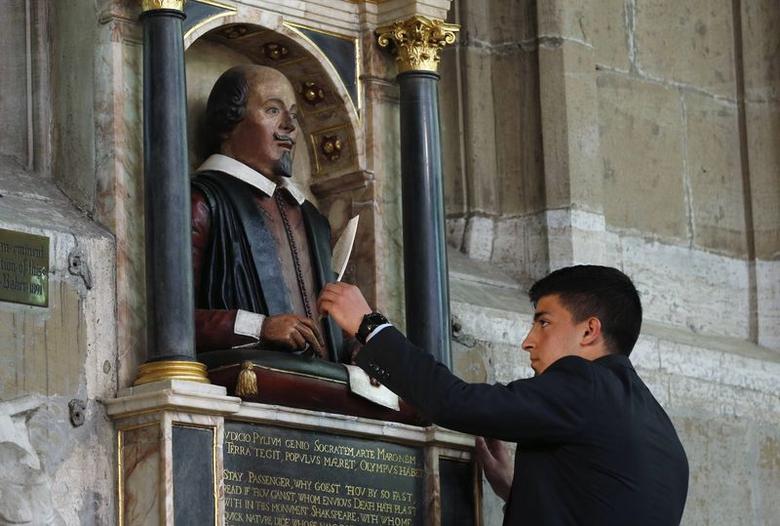
- ARAB NEWS
- 27 Apr 2024

One of the interesting and more positive aspects of the restrictions imposed on us because of the virus is a return to self-reflection. People have the time and opportunity to do things they were previously always “too busy” to do. Enforced self-isolation can be a release for great creativity. In the early 17th century, an outbreak of bubonic plague caused London theaters to close. This allowed William Shakespeare, the greatest playwright in the English language, to focus on writing, leading him to produce some of his best-known works — “King Lear,” “Macbeth,” and “Antony and Cleopatra.” It is also believed that Shakespeare wrote “Hamlet” after his only son, Hamnet, died of the plague at the age of 11.
In the 14th century, one of the Arab world’s greatest writers, Ibn Khaldun, was heavily influenced by the devastating impact of the Black Death, which, by the time he was 17, had claimed the lives of his parents and several of his teachers. “It swallowed up many of the good things of civilization and wiped them out,” he wrote. “It was as if the voice of existence in the world had called out for oblivion and restriction, and the world responded to its call.” Could there be a more searing description of the utter devastation that was unleashed on the world?
In 1348, the Syrian historian Ibn Al-Wardi wrote an evocative account of how the plague swept through China, India, Persia, the Crimea, Gaza, Beirut, and “destroyed mankind in Cairo” before reaching Damascus. “There the plague sat like a lion on a throne and swayed with power, killing daily one thousand or more and destroying the population,” he wrote. “Oh, if you could see the nobles of Aleppo studying their books of medicine. They follow its remedies by eating dried and sour foods… Each man treated their health to make life more comfortable. They perfumed their homes with camphor, flowers and sandal. They wore ruby rings and put onions, vinegar and sardines together with the daily meal. We ask God’s forgiveness for our bad souls; the plague is surely part of His punishment. Some said: The air’s corruption kills. I said: The love of corruption kills.” Al-Wardi succumbed to the Black Death himself in 1349.
We must also recall that Mary Shelley started writing “Frankenstein” in 1816, when bad weather trapped her indoors for days. Could today’s enforced isolation produce another great writer? Amazon is awash with self-published books, and publishers and literary agents say they have already been inundated with manuscripts since the lockdown came into force. Perhaps there is another masterpiece among them. Perhaps someone is in the middle of composing a great work of literature right now.
Publishers and literary agents say they have already been inundated with manuscripts since the lockdown came into force.
Rym Tina Ghazal
People who don’t usually read are acquiring the habit. Others who had neither the time nor the inclination for hobbies are trying their hand at crafts. The crisis has obliged many of us, rather abruptly, to press pause on our usual lives. So there is some good coming out of this situation. But will this lead to an enduring shift in mindsets? People may welcome this opportunity to reconnect with family and reassess what’s truly important, but will it last?
“Clap for our Carers” movements are springing up, bringing people out into their gardens or on to their balconies at set times to applaud the dedicated health workers who are on the front line of our defenses. Young people are offering to help their elderly neighbors with grocery shopping. Friends and relatives are finally picking up the phone and making that call they have been meaning to make for ages. Nature is beginning to recover from the damage humans have inflicted. In the midst of tragedy, there are glimmers of love and hope. Sometimes it takes only a small gesture to bring about a big change.
The picture is not all rosy, of course. There are those who are still in denial, who ignore the social distancing rules, who will not self-isolate or get tested when they should, and who will not act responsibly. But perhaps the coronavirus will be the lesson we all needed to teach us to be kinder and more thoughtful. And maybe even find a new Shakespeare among us.
Rym Tina Ghazal is an award-winning journalist. In 2003, she became one of the first women of Arab heritage to cover war zones in the Middle East. Copyright: Syndication Bureau